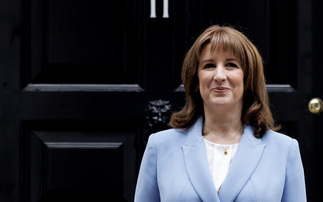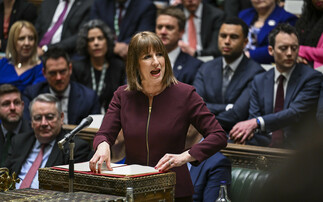
Ongoing disruption - to the global economic and financial order, to the geopolitical balance, and to the scale and scope of government policy interventions - has defined the first three years of this decade and will, we believe, remain a new reality that investors need to recognize over the next five years. This has been a trend we've noted in recent PIMCO Secular Outlooks and one we revisited at our latest annual Secular Forum in May.
Our Secular thesis last year, "Reaching for Resilience," argued that in a more fractured world, governments and businesses would increasingly prioritize safety over short-term economic efficiency. We flagged potential inflationary pressures as companies friend-shore supply chains and as governments boost spending on energy initiatives and national defence.
While that thesis broadly continues to hold, our outlook for the next five years must incorporate and assess a number of major developments since our May 2022 forum, including;
- Hawkish monetary policy pivots in response to the largest sustained surge in global inflation in 40 years
- A debate over the destination for neutral monetary policy rates once (or if) central banks return inflation to target levels
- Three of the largest bank failures in U.S. history and the collapse of Credit Suisse in Europe
- The passage of an ambitious U.S. fiscal trifecta - the Infrastructure Investment and Jobs Act, the Inflation Reduction Act, and the CHIPS and Science Act - in support of a newly assertive American industrial policy push, which will serve as a cyclical and secular tailwind as funds are released into the economy
- Conflicting signals on the economic and geopolitical direction of China amid President Xi Jinping's "third act"
Our secular views also build upon our latest Cyclical Outlook, "Fractured Markets, Strong Bonds," which anticipated modest recessions across developed markets, with tighter credit conditions raising downside risks. We said major central banks are near the end of their rate-hiking cycles, although not yet close to normalizing or easing policy, while future fiscal responses may be constrained due to high debt levels and the role of post-pandemic stimulus in fuelling inflation.
In this environment of ongoing and multiple disruptions, short-term cyclical dynamics are having more long-lasting secular consequences, ushering in what we're calling "the aftershock economy." Here we share some key economic and investment implications we took away from our 2023 Secular Forum.
This post is funded by PIMCO















